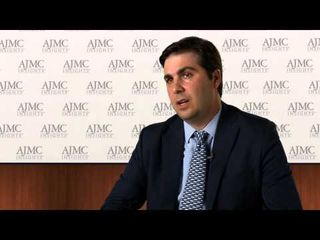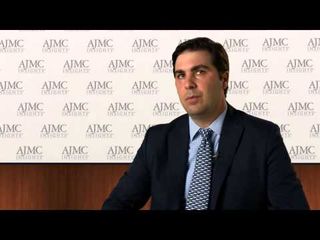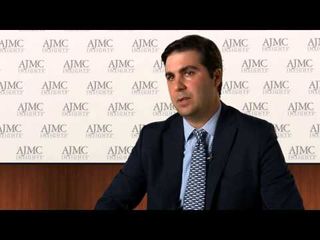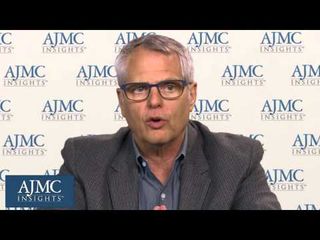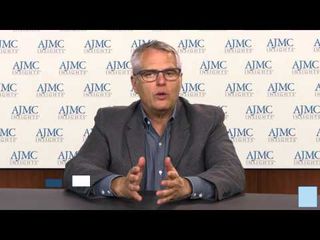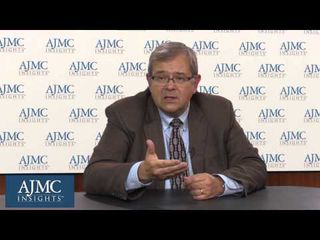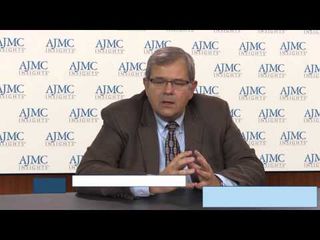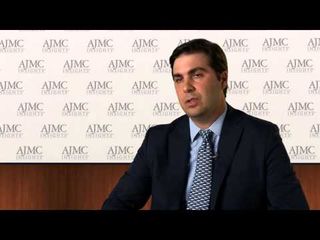
Policy
Latest News
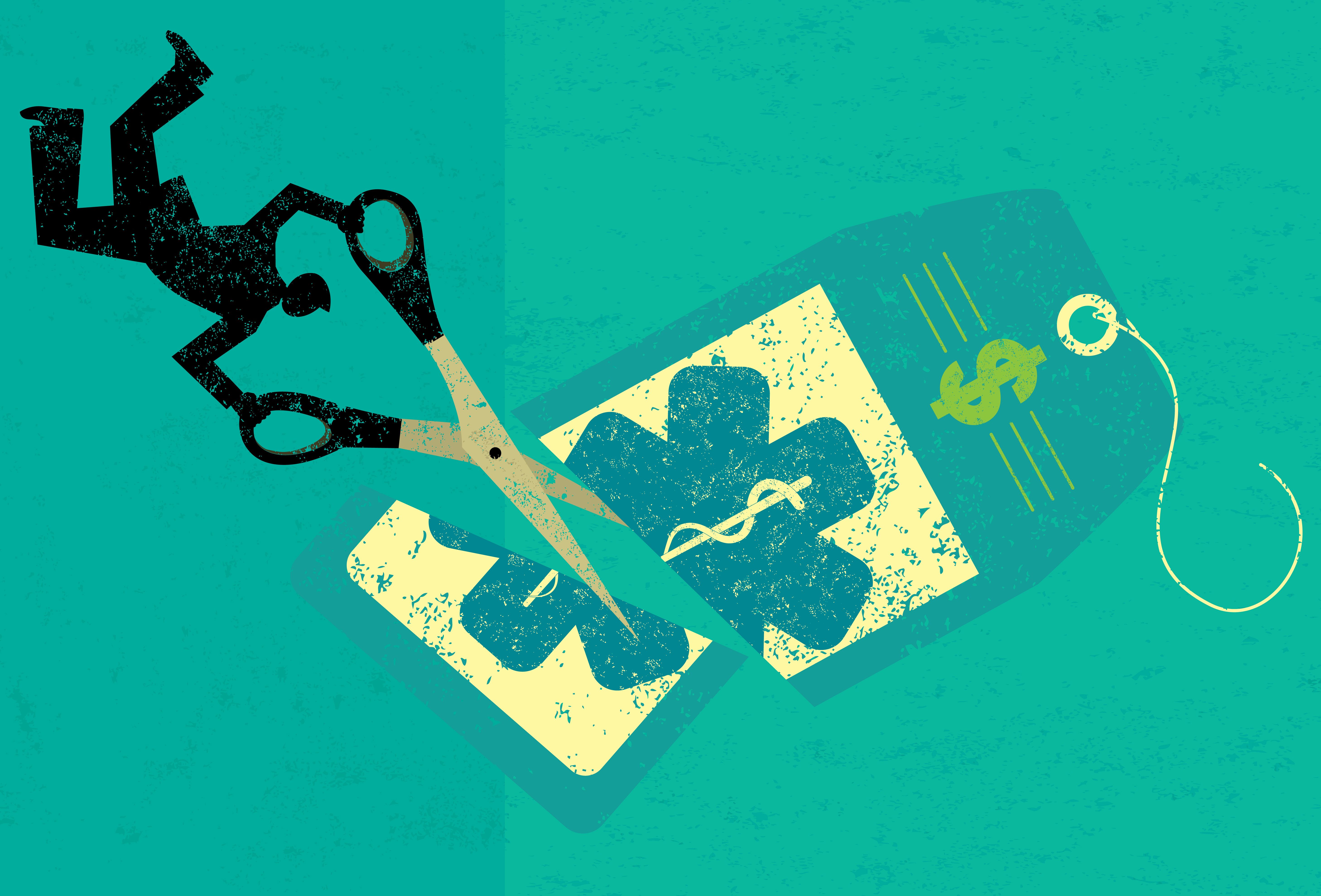
Latest Videos

CME Content
More News

Bevey Miner, executive vice president of health care strategy and policy, Consensus Cloud Solutions, discusses the importance of incorporating structured data into digital health policy to improve the speed and efficiency of shared information across multiple health settings.

Allegations call out restrictions on medically necessary care; CDC data highlight surge in COVID-19 deaths and hospitalizations; failure to include additional Special Supplemental Nutrition Program for Women, Infants, and Children (WIC) aid raises concerns over food access.

Health officials said that at least 7 states reported high levels of illness, with cases also rising in other parts of the country; a group of Senate Democrats demanded answers about the shortage of nirsevimab, a new respiratory syncytial virus (RSV) drug; Pentagon officials told Congress that eliminating per- and polyfluorinated substances would undermine military readiness.

Kimberly Maxfield, PhD, of the FDA discussed actions been taken by the FDA since President Biden's reauthorization of the Biosimilar User Fee Act (BsUFA) III last year, as well as what they plan to achieve through 2027.
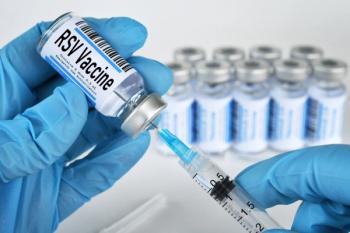
More than 77,000 additional doses of nirsevimab-alip will be distributed for respiratory syndactyl virus (RSV) immunization in infants.
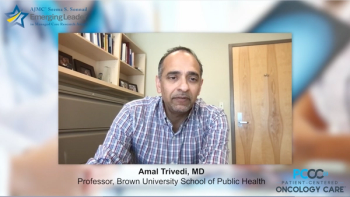
Amal Trivedi, MD, MPH, professor at Brown University, discusses the qualities that led him to nominate David J. Meyers, PhD, to receive the Seema S. Sonnad Emerging Leader in Managed Care Research Award. The American Journal of Managed Care® presented the award to Dr Meyers at the 2023 Patient-Centered Oncology Care® meeting.

Up to 30 million individuals could lose Medicaid coverage; a new initiative demands increased focus on women's health issues; survey reports increased 5-year lung cancer survival rates from 2015 to 2019.

The weight loss drug semaglutide showed significant cardiovascular benefits; Texas and Florida are restricting the promotion of COVID-19 vaccines; some Ohio legislators are seeking to block courts from interpreting the state’s recently passed constitutional amendment that created a right to abortion.

This qualitative study elucidates therapists’ perspectives on barriers to and facilitators of access to telemental health among Medicaid-enrolled youth served by a large safety-net organization.

A senator opposes the Biden drug price negotiation plan and proposes a new model to help manage weight loss drug costs; Black children are underdiagnosed with attention-deficit/hyperactivity disorder (ADHD) compared with their White peers; lawmakers and witnesses said that policy makers must balance innovation with potential harms when it comes to artificial intelligence (AI) in health care.

Investigators propose potential payment models for gene therapies that consider equitable patient access and payer reimbursement.

Medicare may cover full cost of preexposure prophylaxis drugs; rules aim to prevent excessive compensation in Medicare Advantage (MA) market; health officials advocate for widespread syphilis testing and intervention.

This 2022 survey of Medicare accountable care organizations (ACOs) shows significant growth in non-Medicare value-based contracts and in contracts with downside risk.

CDC plans to monitor over 30 pathogens in high-risk airports; a surge in ketamine prescriptions raises questions about safety and oversight; changes to come in Affordable Care Act (ACA) enrollment for 2023.

This study demonstrates a method for understanding the effects of drug spending in the design of alternative payment models.
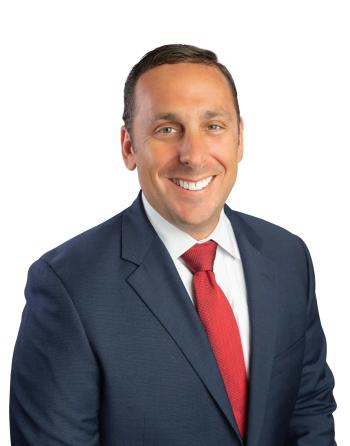
Changes in the medication therapy management (MTM) program willl require planning on how to best fund this program in a way that drives medical cost savings.

Many sleep experts want to permanently stay in the standard time zone; Medicare will cover mental health counselors and marriage and family therapists beginning in January; a new Minnesota law requires hospitals to check if patients are eligible for financial assistance before referring medical debt for collections.

This retrospective cohort study of rural hospitals found that Medicare Advantage penetration increased substantially from 2008 to 2019 and was associated with greater hospital sustainability.

The Medical Group Management Association offers an analysis of pending legislation that could help health care practices better serve patients.

The American Cancer Society expanded eligibility for lung cancer screening; experts advised patients to do their research before choosing a plan from the Affordable Care Act’s insurance marketplaces; Republican-led states partnering with rideshare companies for medical appointment rides.

This report illustrates how providing vital diabetes medications to uninsured patients through a charitable medication distributor improves clinical outcomes.

In a study driven by simulation modeling, researchers elaborated on policies that contribute to widening health disparities affecting Indigenous communities.

A difference-in-differences analysis of health care claims data evaluated excess health care costs in the 12 months following COVID-19 diagnosis among the general and older adult populations.

A report published by the Urban Institute estimates that if the 10 Medicaid nonexpansion states were to implement expansions in 2024, Medicaid enrollment would increase by 5 million people, and 2.3 million fewer individuals would be uninsured

Anshul Mangal, biotech entrepreneur, attorney, CEO, and founder of Project Farma, discusses how supply chain disruptions and the current cancer drug shortage are affecting patients.



